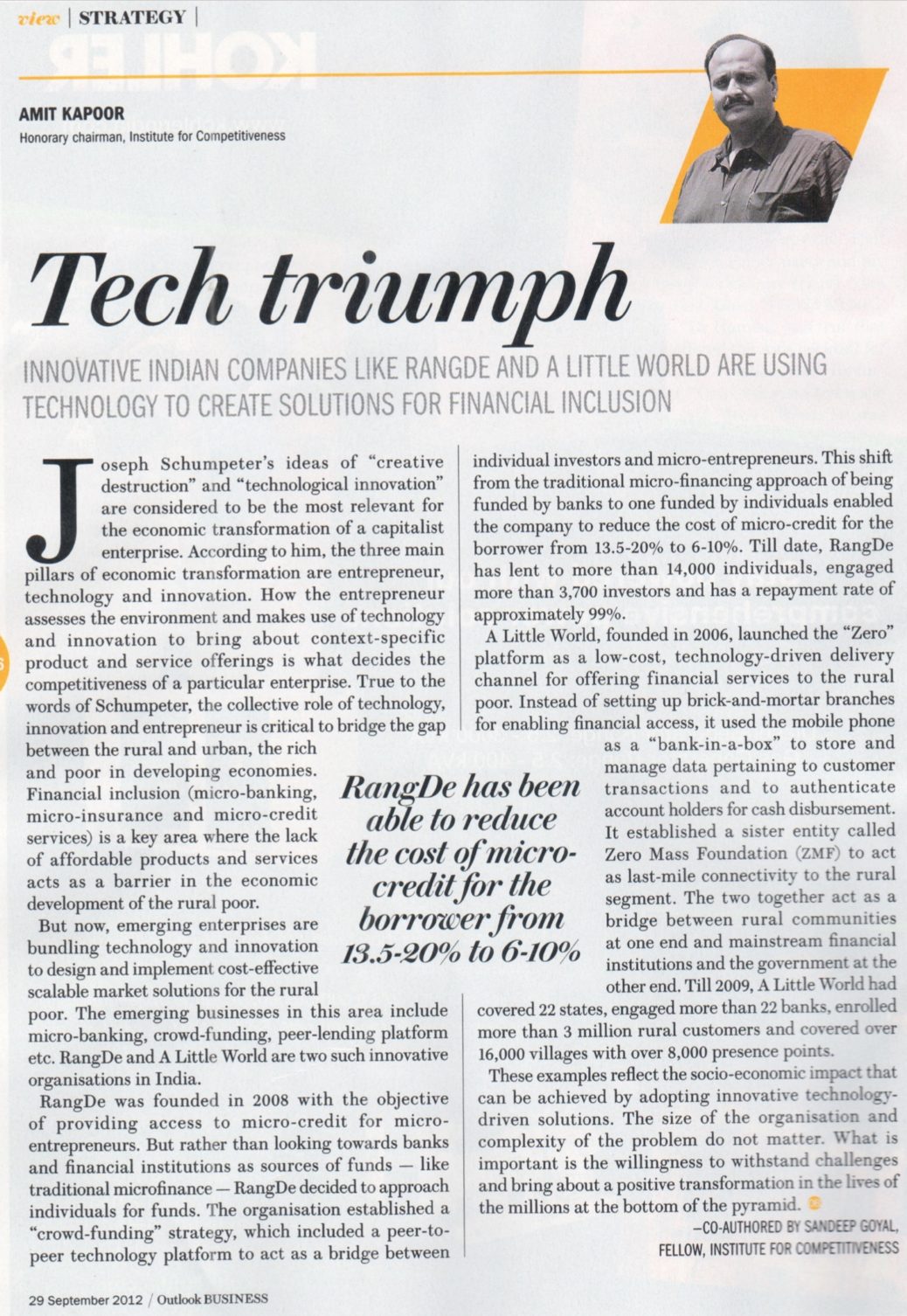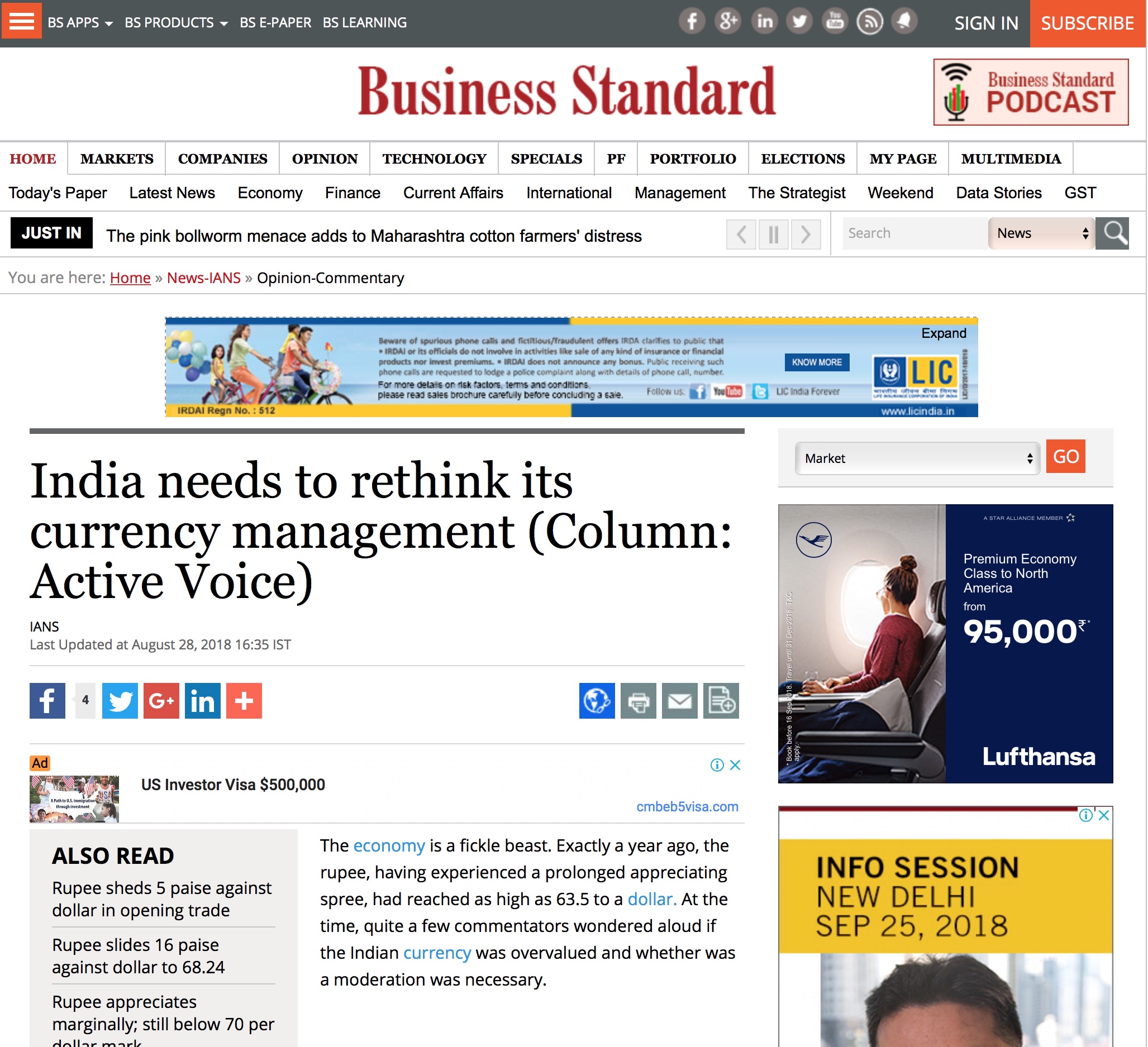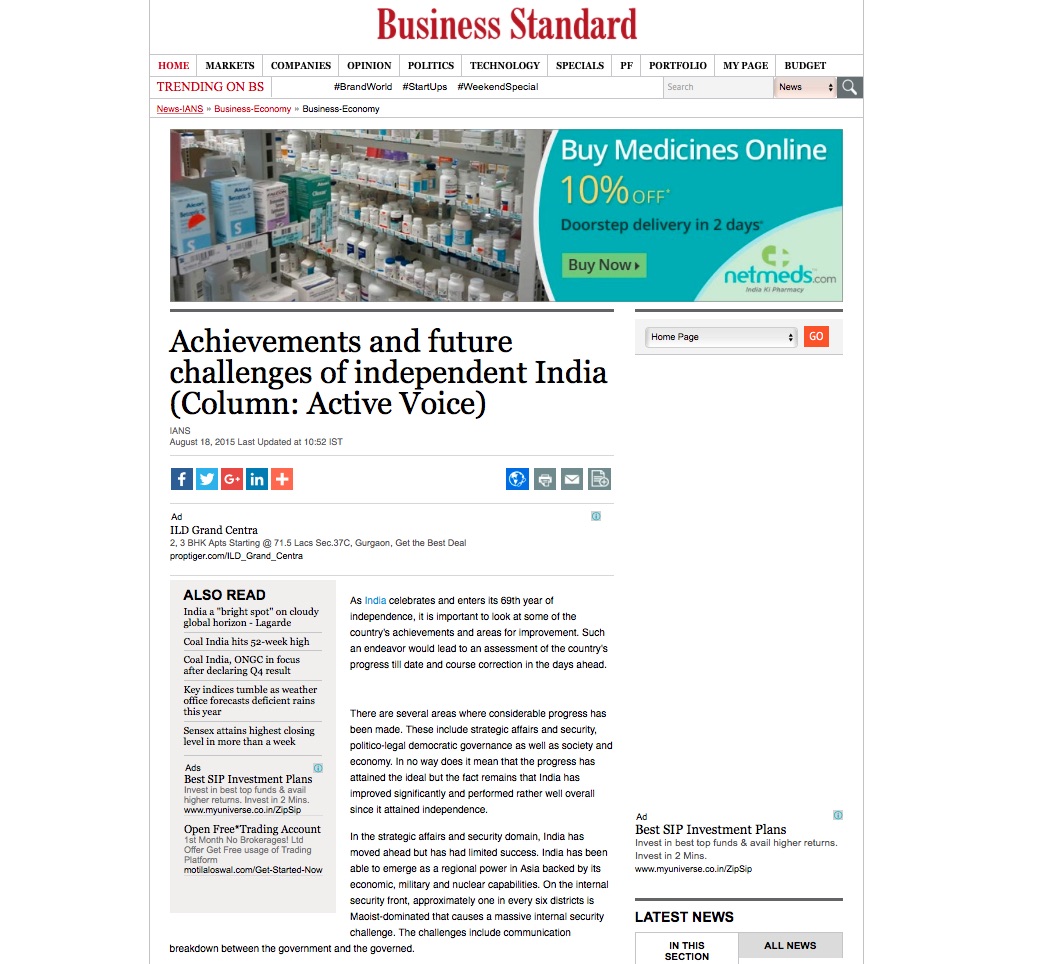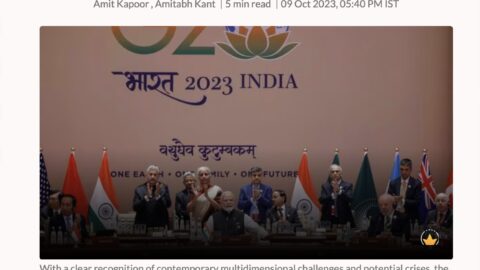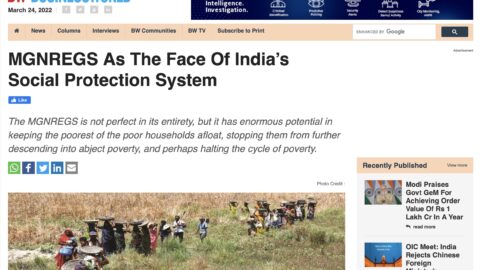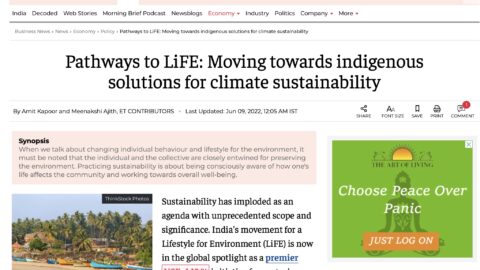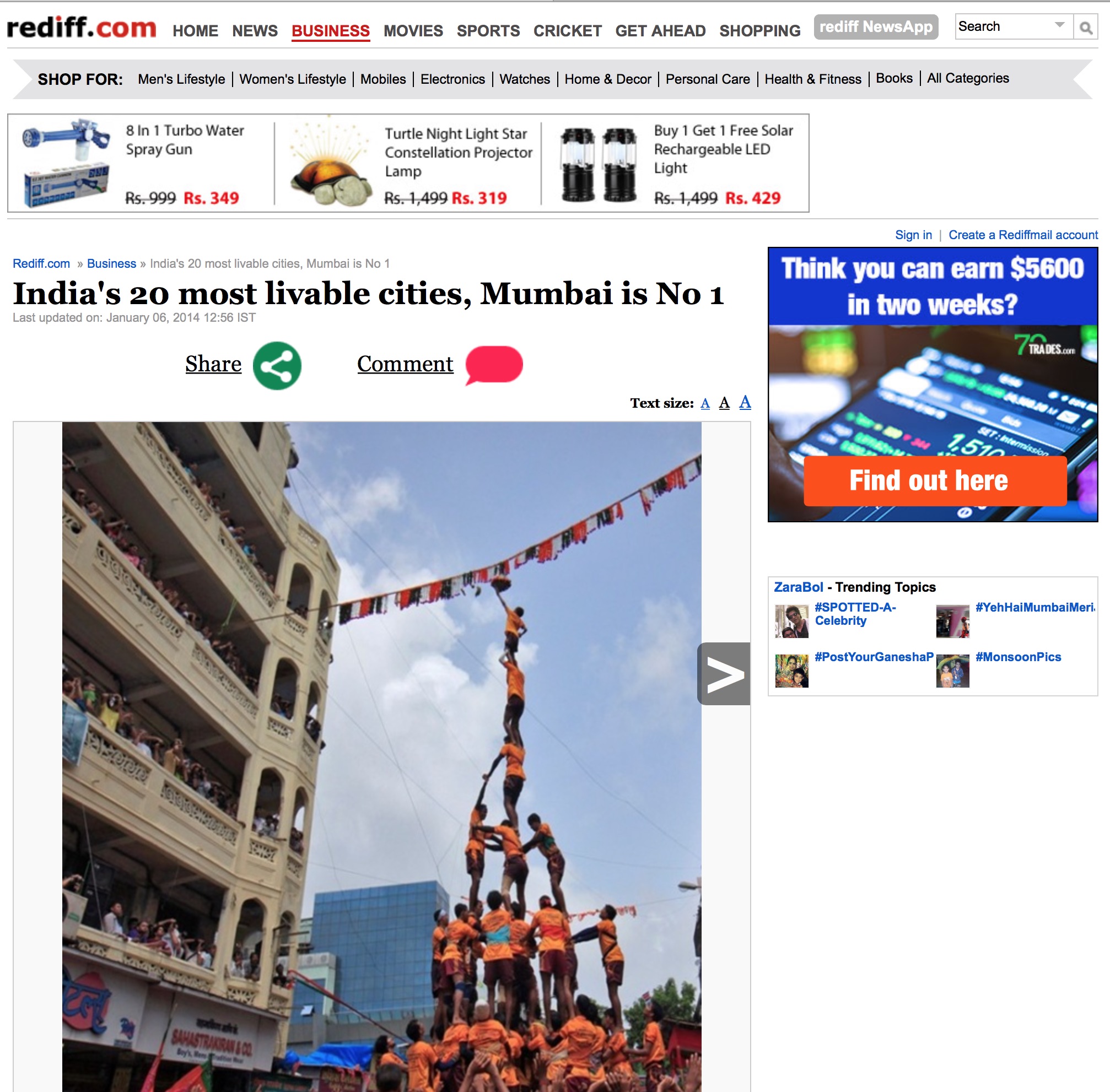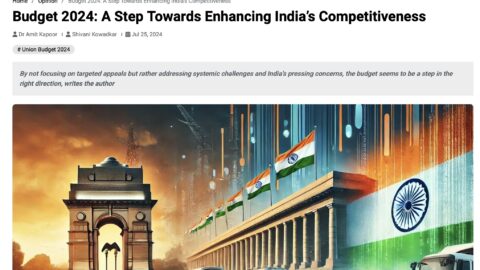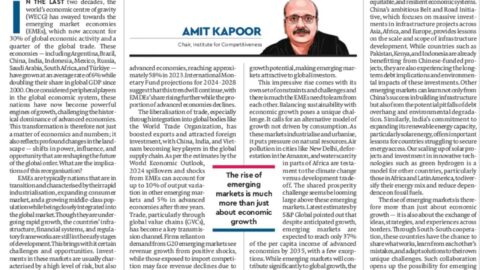Innovative Indian companies like RangDe and A Little World are using technology to create solutions for financial inclusion
Joseph Schumpeter’s ideas of “creative destruction” and “technological innovation” are considered to be the most relevant for the economic transformation of a capitalist enterprise. According to him, the three main pillars of economic transformation are entrepreneur, technology and innovation. How the entrepreneur assesses the environment and makes use of technology and innovation to bring about context-specific product and service offerings is what decides the competitiveness of a particular enterprise. True to the words of Schumpeter, the collective role of technology, innovation and entrepreneur is critical to bridge the gap between the rural and urban, the rich and poor in developing economies. Financial inclusion (micro-banking, micro-insurance and micro-credit services) is a key area where the lack of affordable products and services acts as a barrier in the economic development of the rural poor.
But now, emerging enterprises are bundling technology and innovation to design and implement cost-effective scalable market solutions for the rural poor. The emerging businesses in this area include micro-banking, crowd-funding, peer-lending platform etc. RangDe and A Little World are two such innovative organisations in India.
RangDe was founded in 2008 with the objective of providing access to micro-credit for micro-entrepreneurs. But rather than looking towards banks and financial institutions as sources of funds — like traditional microfinance — RangDe decided to approach individuals for funds. The organisation established a “crowd-funding” strategy, which included a peer-to-peer technology platform to act as a bridge between individual investors and micro-entrepreneurs. This shift from the traditional micro-financing approach of being funded by banks to one funded by individuals enabled the company to reduce the cost of micro-credit for the borrower from 13.5-20% to 6-10%. Till date, RangDe has lent to more than 14,000 individuals, engaged more than 3,700 investors and has a repayment rate of approximately 99%.
A Little World, founded in 2006, launched the “Zero” platform as a low-cost, technology-driven delivery channel for offering financial services to the rural poor. Instead of setting up brick-and-mortar branches for enabling financial access, it used the mobile phone as a “bank-in-a-box” to store and manage data pertaining to customer transactions and to authenticate account holders for cash disbursement. It established a sister entity called Zero Mass Foundation (ZMF) to act as last-mile connectivity to the rural segment. The two together act as a bridge between rural communities at one end and mainstream financial institutions and the government at the other end. Till 2009, A Little World had covered 22 states, engaged more than 22 banks, enrolled more than 3 million rural customers and covered over 16,000 villages with over 8,000 presence points.
These examples reflect the socio-economic impact that can be achieved by adopting innovative technology-driven solutions. The size of the organisation and complexity of the problem do not matter. What is important is the willingness to withstand challenges and bring about a positive transformation in the lives of the millions at the bottom of the pyramid.
The article was published with Outlook Business on September 29, 2012.

